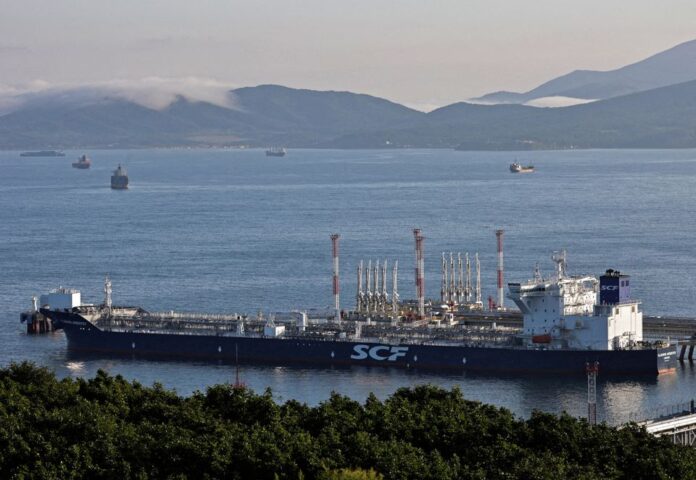The Group of Seven (G7) price cap on Russian seaborne oil came into force on Monday as the West tries to limit Moscow’s ability to finance its war in Ukraine, though Russia has said it will not abide by the measure even if it has to cut production, according to Reuters.
The G7 nations and Australia on Friday agreed a $60 per barrel price cap on Russian seaborne crude oil after European Union members overcame resistance from Poland. Russia is the world’s second-largest oil exporter.
“We are working on mechanisms to prohibit the use of a price cap instrument, regardless of what level is set, because such interference could further destabilize the market,” said Novak, the Russian government official in charge of its oil, gas, atomic energy and coal.
“We will sell oil and petroleum products only to those countries that will work with us under market conditions, even if we have to reduce production a little,” he said.
The G7 agreement allows Russian oil to be shipped to third-party countries using G7 and EU tankers, insurance companies and credit institutions, only if the cargo is bought at or below the $60 per barrel cap.
Industry players and a U.S. official said in October that Russia can access enough tankers to ship most of its oil beyond the reach of the cap, underscoring the limits of the most ambitious plan yet to curb Russia’s wartime revenue.
French President Emmanuel Macron, however, drew criticism from Ukraine and its Baltic allies over the weekend for suggesting the West should consider Russia’s need for security guarantees if it agrees to talks to end the war.


